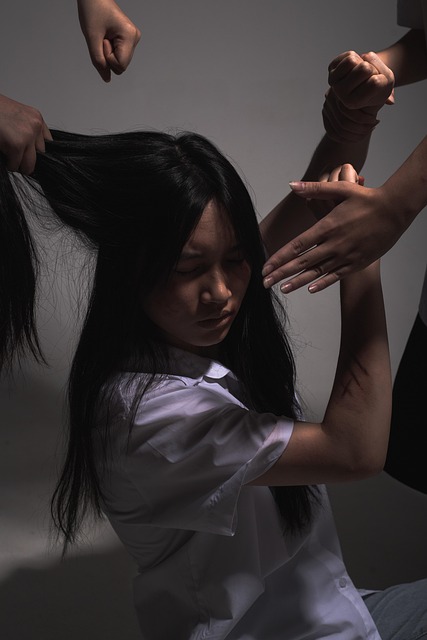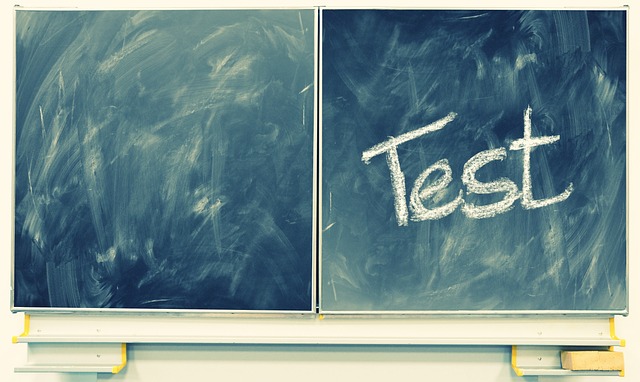Agape Boarding School abuse victims face complex experiences stemming from manipulation and systemic failures fostering control and secrecy. They describe physical, emotional, and sexual abuse, isolation, forced labor, and psychological tactics aimed at breaking resilience. Sharing their stories, despite fear, is crucial for healing, accountability, and justice. Legal paths, community support, and public education are vital tools to expose systemic issues, hold abusers accountable, promote individual healing, advocate for change, and prevent future abuses.
“Many survivors of Agape boarding school abuse struggle with unaddressed trauma, seeking justice and healing. This article delves into the complex landscape of accountability for these victims, exploring patterns of abuse within Agape’s history. We navigate legal paths to justice, highlighting rights and resources available to survivors. Furthermore, we emphasize the power of community support in fostering healing and ensuring accountability for Agape boarding school abuse victims.”
- Understanding Agape Boarding School Abuse Patterns
- Navigating Legal Paths for Victims' Justice
- Supporting Healing and Accountability through Community Efforts
Understanding Agape Boarding School Abuse Patterns

The experiences of Agape Boarding School abuse victims are often complex and multifaceted, stemming from a web of manipulative tactics and systemic failures. Many former students describe a culture of control and secrecy where trust is exploited for personal gain, leading to physical, emotional, and sexual abuse. Patterns emerge, such as isolation from the outside world, forced labor, and psychological manipulation, designed to break down individual resilience and foster dependence on the perpetrators.
Understanding these abuse patterns requires recognizing the subtle and overt methods used by institutions like Agape Boarding School to maintain dominance. Victims may face challenges in sharing their stories due to fear of retaliation or a lack of understanding from outsiders. By shedding light on these dynamics, the road to healing for Agape boarding school abuse victims becomes clearer, paving the way for accountability and justice.
Navigating Legal Paths for Victims' Justice

For Agape boarding school abuse victims seeking justice, navigating legal paths can be a complex yet crucial step in their journey towards healing and accountability. The first consideration is understanding the applicable laws and statutes of limitations specific to their jurisdiction, ensuring they meet within which time frame to file civil lawsuits or criminal charges against the perpetrators and institutions responsible.
Victims’ advocates recommend gathering extensive evidence, including medical records, therapy notes, and testimonies from other survivors, as these can be instrumental in strengthening legal cases. Consulting with experienced attorneys specializing in Agape boarding school abuse cases is essential to understand the options available, whether it’s pursuing individual lawsuits or class-action litigation, which can collectively shed light on the systemic issues and hold the abusers accountable while providing a platform for much-needed healing and compensation for the victims.
Supporting Healing and Accountability through Community Efforts

Supporting Healing and Accountability through Community Efforts
For Agape boarding school abuse victims, healing is a complex journey that requires more than individual therapy. Community efforts play a vital role in providing a supportive network and fostering accountability. By coming together, survivors can share their stories, gain strength from each other’s resilience, and advocate for systemic change to prevent future abuses. This collective action ensures that the voices of Agape boarding school abuse victims are heard and their experiences are not overlooked or dismissed.
Community initiatives may include support groups, where survivors can connect with peers who understand their unique challenges. These platforms encourage open dialogue, promote healing through shared experiences, and offer a safe space to discuss ongoing struggles and progress. Furthermore, community efforts can drive awareness campaigns that educate the public about Agape boarding school abuse, break down stigma, and push for policy reforms to better protect vulnerable individuals in similar situations.
The journey towards justice for Agape boarding school abuse victims is complex but essential. By understanding the patterns of abuse, navigating legal paths, and fostering community support, we can ensure that healing and accountability go hand in hand. It’s through these collective efforts that we honor the experiences of those affected and create a safer environment for future generations.
